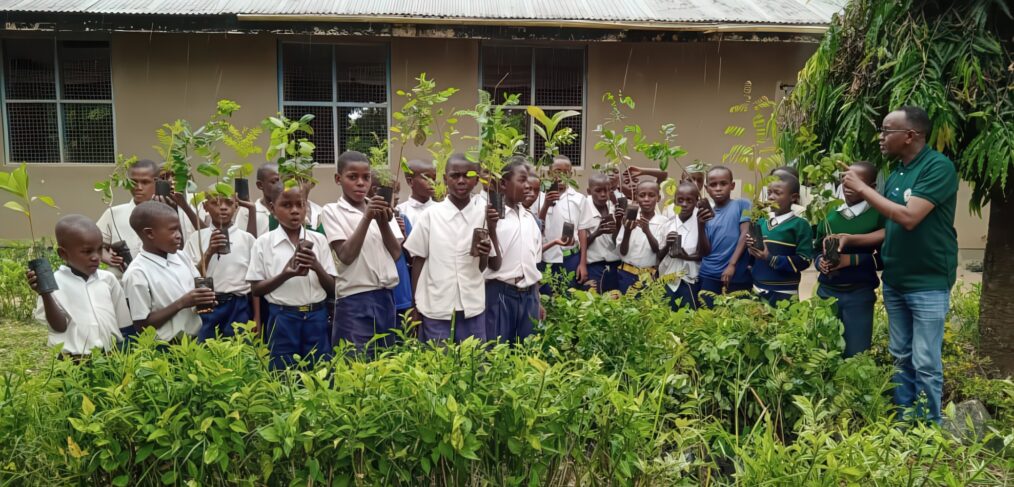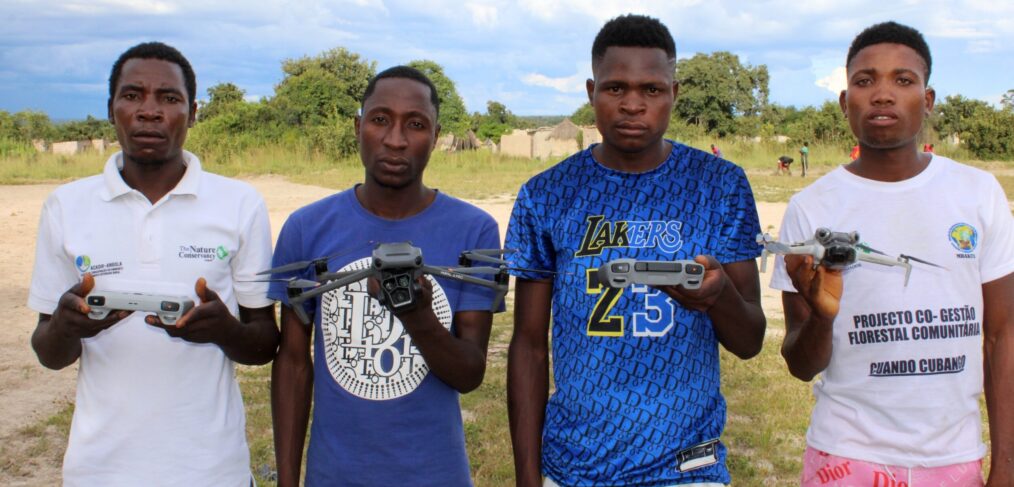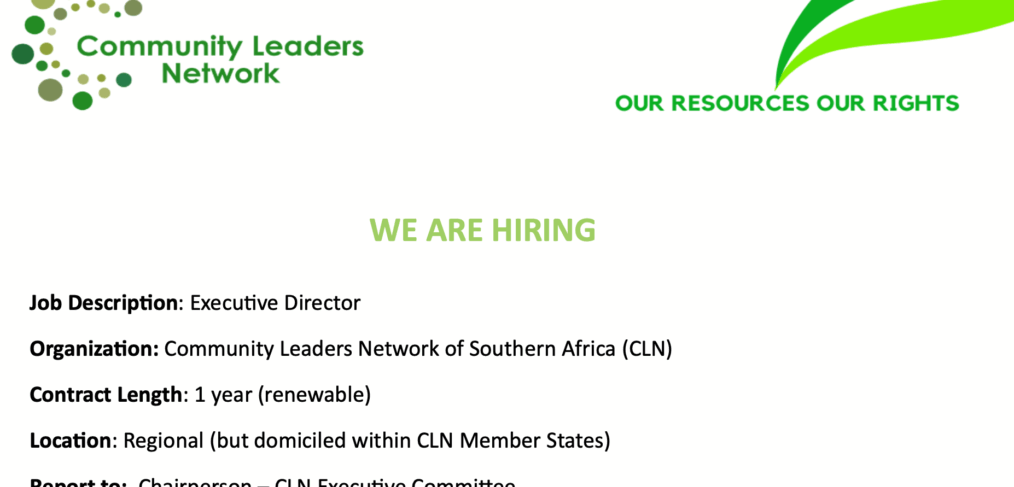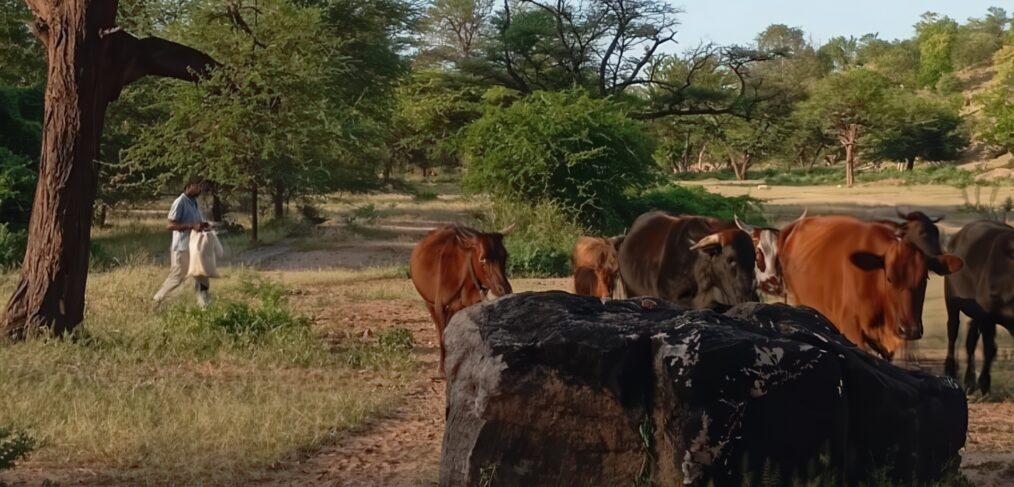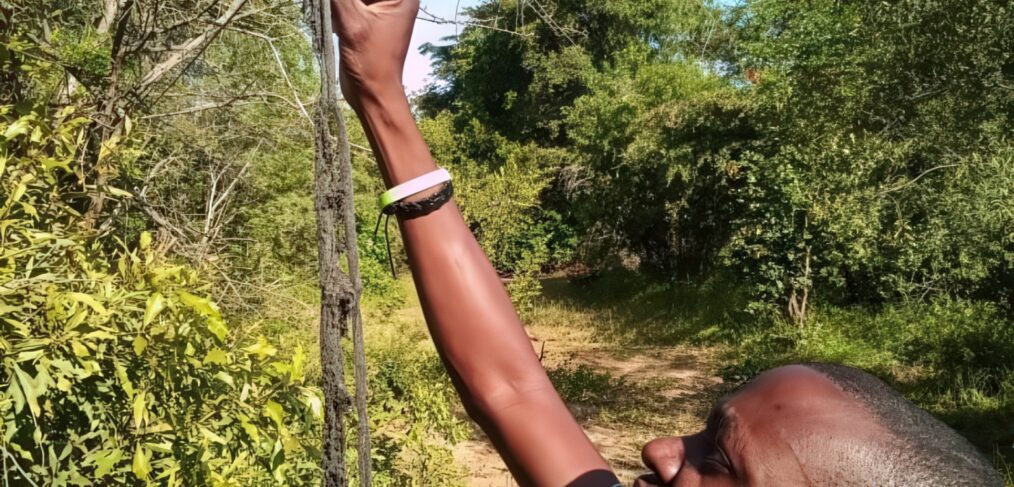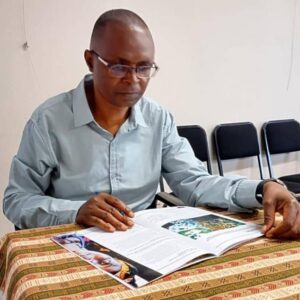
Announcement of Norman as Director of CLN
The Community Leaders Network is pleased to announce the appointment of Mr. Norman Rigava as the Executive Director of the CLN, marking a pivotal moment in the Network’s institutional growth and strategic direction. This appointment was affirmed during a critical Executive Committee and staff strategic meeting held in Windhoek, Namibia, from 14 -16 January 2026, convened for strategic reflection, induction, and forward-looking discussions on CLN’s priorities in the SADC region.
Mr. Rigava brings over three decades of distinguished leadership in conservation and development, with extensive experience in Natural Resources Management across Southern, West, Central, and East Africa. His career spans senior roles within government institutions and international non-governmental organizations, where he has consistently advanced inclusive, community-centered, and rights-based approaches to land and natural resource governance.
Prior to joining CLN, Mr. Rigava provided critical technical expertise to the WWF KAZA TFCA Programme, contributing to transboundary conservation initiatives and strengthening environmental safeguards, monitoring, and accountability frameworks.
As Executive Director, Norman will be instrumental in aligning CLN’s activities with its Strategic Framework. His leadership ensures the organization remains steadfast in its core mandate, which is empowering CLN’s national networks and their constituent members to drive sustainable, community-led impact across the continent. Please join us in welcoming Norman to the helm.
Dr. Rodgers Lubilo
President of CLN

